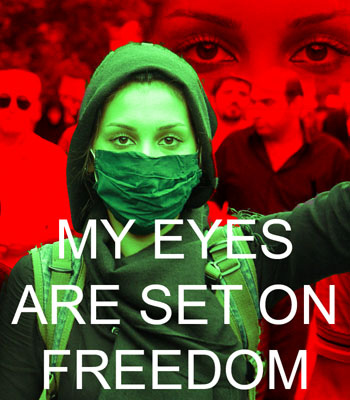UN urges all States to sign, ratify Nuclear Test Ban as 'critical step on road to nuclear-free world'

An atmospheric nuclear test conducted by the United States at Enewetak Atoll, Marshall Islands, on 1 November 1952. Photo: US Government
28 August 2015 – For the fifth International Day against Nuclear Tests, United NationsSecretary-General Ban Ki-moon has welcomed voluntary moratoria on testing imposed by nuclear-armed states but stressed that these cannot substitute for a legally-binding treaty.
“The Comprehensive Nuclear-Test-Ban Treaty (CTBT) is essential for the elimination of nuclear weapons,” Mr. Ban said in a message. “It is a legally-binding, verifiable means by which to constrain the quantitative and qualitative development of nuclear weapons.”
The UN General Assembly declared 29 August the International Day against Nuclear Tests in December 2009, adopting a unanimous resolution that calls for increasing awareness and education “about the effects of nuclear weapon test explosions or any other nuclear explosions and the need for their cessation as one of the means of achieving the goal of a nuclear-weapon-free world.” 2010 marked the inaugural commemoration of the International Day against Nuclear Tests.
Reminding the world that this year marks the 70th anniversary of the dawn of the nuclear age, the UN chief said 70 years ago in 1945, “the Trinity Test unleashed the power of more than 20,000 tons of TNT and precipitated over 2,000 additional nuclear tests.”
“Pristine environments and populated communities in Central Asia, North Africa, North America and the South Pacific were hit,” he said. “Many have never recovered from the resulting environmental, health and economic damage. Poisoned groundwater, cancer, leukaemia, radioactive fallout – these are among the poisonous legacies of nuclear testing.”
“The best way to honour the victims of past tests is to prevent any in the future,” he said, noting that two decades after the CTBT was negotiated, “the time has long past for its entry-into-force.”
“I welcome the voluntary moratoria on testing imposed by nuclear-armed States,” Mr. Ban said “At the same time, I stress that these cannot substitute for a legally-binding Treaty.”
“On this International Day, I repeat my longstanding call on all remaining States to sign and ratify the Treaty – especially the eight necessary for its entry-into-force – as a critical step on the road to a nuclear-weapon-free world,” he said.
The General Assembly resolution that established the world day was initiated by Kazakhstan, together with a large number of sponsors and cosponsors with a view to commemorate the closure of the Semipalatinsk Nuclear Test site on 29 August 1991.
In his remarks, Assembly President Sam Kutesa said the recently held 2015 Review Conference of the Treaty on the Non-Proliferation of Nuclear Weapons (NPT) had highlighted the stark reality of the increasing divisions between the States parties over the future of nuclear disarmament.
“It is now time to bridge the gap and work with more resolute political will to ensure that the NPT continues to remain the cornerstone of global security,” he declared.
Mr. Kutesa applauded the efforts of the Government of Kazakhstan, not only for initiating the International Day, but also for its continuing leadership in efforts to end nuclear weapons testing and to promote a world free of nuclear weapons.
He also commend the recent announcement of the Joint Comprehensive Plan of Action (JCPOA) on Iran's nuclear programme, reached in Vienna between the international negotiators and Iran as an important step forward on this critical issue.
“I hope this agreement will benefit the non-proliferation regime and will lead to greater mutual understanding and cooperation on the many serious security challenges in the Middle East and beyond,” he said.
He also announced that on 10 September, he plans to convene an informal meeting of the General Assembly to mark the International Day under the overall theme 'Towards Zero: Resolving the Contradictions.'
Copyright mediaforfreedom.com


